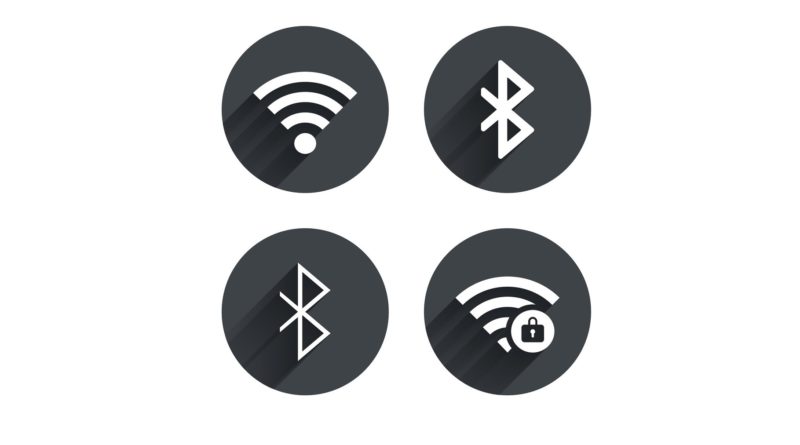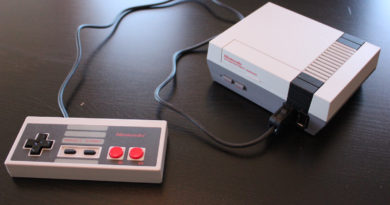Can Wi-Fi undermine Bluetooth Technology?
The world has been swept by digital transformation and technology is present everywhere we see or go or work or live or whatever. Technology is literally in the air, and by air, of course, I’m referring to technology such as infrared, Bluetooth and Wi-Fi.
Understanding wireless technologies
Currently, wireless technologies have become an essential component of our everyday lives. It is incredible how we are able to connect devices and transmit ginormous amounts of data without connecting any cables or wires and that we are able to communicate with ease around the globe. They have been around from more than three decades and the reason we are able to converse on cellular phones owes to wireless technologies only. Satellite technology was a pioneer in its time, helping boost the film and television industry.
While there are plenty of wireless technologies available for different kinds of purposes, there is often an undergoing argument comparing two of such wireless technologies; Bluetooth vs. Wi-Fi.
What’s the difference between Bluetooth and Wi-Fi?
Bluetooth is a wireless technology that uses low-energy radio waves to send wireless data between Bluetooth-enabled devices and mostly these are two direct Bluetooth connected devices. Wi-Fi, which originally meant “wireless fidelity,” is primarily about connecting one or many devices to the Internet, or creating a local wireless network that can link multiple devices. It depends on a central base station (or multiple stations) that sends out a network signal strong enough and wide enough to cover, say, an office or home, a coffee shop or even an airport. Typically, Wi-Fi is regulated through a wireless router installed in any place be it an office or a home by an Internet Provider. The ranges determine the frequency as to how long of distances the signals can cover. Bluetooth does not depend on any central router and connects directly to the device. Because Bluetooth is a direct device-to-device wireless technology and utilized for so many different things, it typically requires that you first “pair” the two devices being linked. Wi-Fi can be accessed on multiple devices at a time given that you are aware of the password which is enabled on it in most cases.
Which is better, Bluetooth or Wi-Fi?
Wi-Fi is the most popular method to allow devices to communicate across both a local wireless network and also connect to the internet. Bluetooth is used heavily in small gadgets and devices to connect to one another. Each device is essential in its place.
If you are playing music, you can use a Wi-Fi speaker to stream music from the internet while you can use a Bluetooth speaker to connect the speaker to your phone and play music directly from it. As per the situation and usage, each facility is useful. While Bluetooth operates on the same radio frequency as Wi-Fi, there are much lesser chances of potential interference from other sources because of two reasons, one; it sends out weaker signals measuring up to 1 milliwatt, though this is a much weaker range it creates an isolated bubble of space insusceptible to interference from other wireless signals; and secondly, it uses spread spectrum frequency which allows the signals to hop around between unique frequency channels.
To ascertain which wireless technology is better for usage is rather unrealistic and futile because each of the technologies is unique in their own sense. We need to work towards using both of the technologies sides by side. If you are browsing on the internet on your phone whether it’s any kind of work or anything, you could be a student struggling with an assignment so you will obviously consider Wi-Fi to get the dissertation help you are looking for. However, if you are a student partying around with your friends and want to play some music on a speaker, you are most likely to come across a Bluetooth speaker which you can use to connect to your phone and play music. Simultaneously, you can play music through the internet via Wi-Fi on your phone. To conclude, both of these technologies are important in their own way, and to debate on which technology is better is rather in vain as both of them carry their own advantages with them.




